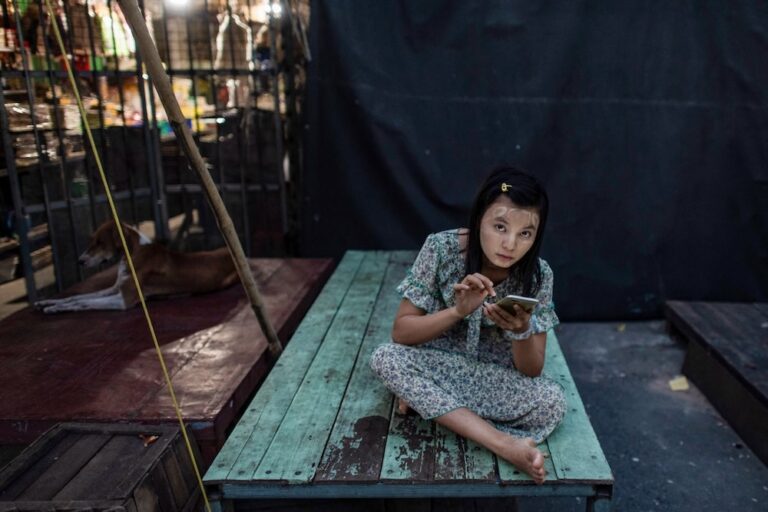(SEAPA/IFEX) – On 4 July 2007, Burma’s most famous journalist, U Win Tin, will have spent 18 years in prison for having displeased the Burmese junta. SEAPA remains gravely concerned at the continued imprisonment of the 77-year-old journalist and poet, and once again calls for his immediate release. In March 2007, U Win Tin had […]
(SEAPA/IFEX) – On 4 July 2007, Burma’s most famous journalist, U Win Tin, will have spent 18 years in prison for having displeased the Burmese junta.
SEAPA remains gravely concerned at the continued imprisonment of the 77-year-old journalist and poet, and once again calls for his immediate release.
In March 2007, U Win Tin had reportedly stressed to a prison director that “it is my right to be free because I have served 18 years of my 20-year sentence and I qualify for early release.”
U Win Tin was eligible for early release in July 2006, but was denied this right for not having performed hard labour.
Despite his poor health, he has consistently refused to renounce political activity as a condition of his release.
According to Burma Media Association (BMA), a network of exiled Burmese journalists, he recently told a friend who was allowed to visit him that “two prison officers asked me at a special meeting last week whether I would resume political activities if I were released. I told them that I will definitely do so, since it is my duty as a citizen to strive for democracy”.
U Win Tin’s principal crime, said BMA vice-chairperson Zin Linn, was being a key adviser to Aung San Suu Kyi, the general-secretary of National League for Democracy (NLD), whose landslide win of the 1991 general elections was never recognised by the military regime.
He has been sentenced thrice, each time while incarcerated: first, to three years with hard labour for instigating civil disobedience against martial law; then, to 11 years over another case for the same “offence”. He is now serving a seven-year sentence over his testimony to the United Nations on the military’s record of human rights violations against political prisoners. Promises of his release in 2004 and 2005 were never fulfilled.
Since 2006, the International Committee of the Red Cross has been barred from visiting him. U Win Tin has had two heart attacks and has suffered from high blood pressure, diabetes and an inflammatory disease that affects his spine. His poor health was exacerbated by ill treatment, which has included torture, lack of medical treatment, solitary confinement without bedding, and being deprived of food and water for long periods of time. Even though a prison doctor attends to him twice a month, he is dependent on medication and food brought by his family and friends.
Denied paper or writing instruments, the resourceful journalist reportedly formulated his own ink out of powder extracted from the bricks of his cell, and fashioned a pen from a piece of bamboo mat.
He received the UNESCO/Guillermo Cano World Press Freedom Prize, the World Association of Newspapers’ Golden Pen of Freedom Award and Reporters Without Borders/Fondation de France Prize for his steadfastness to the cause of freedom of expression despite facing great adversity.


